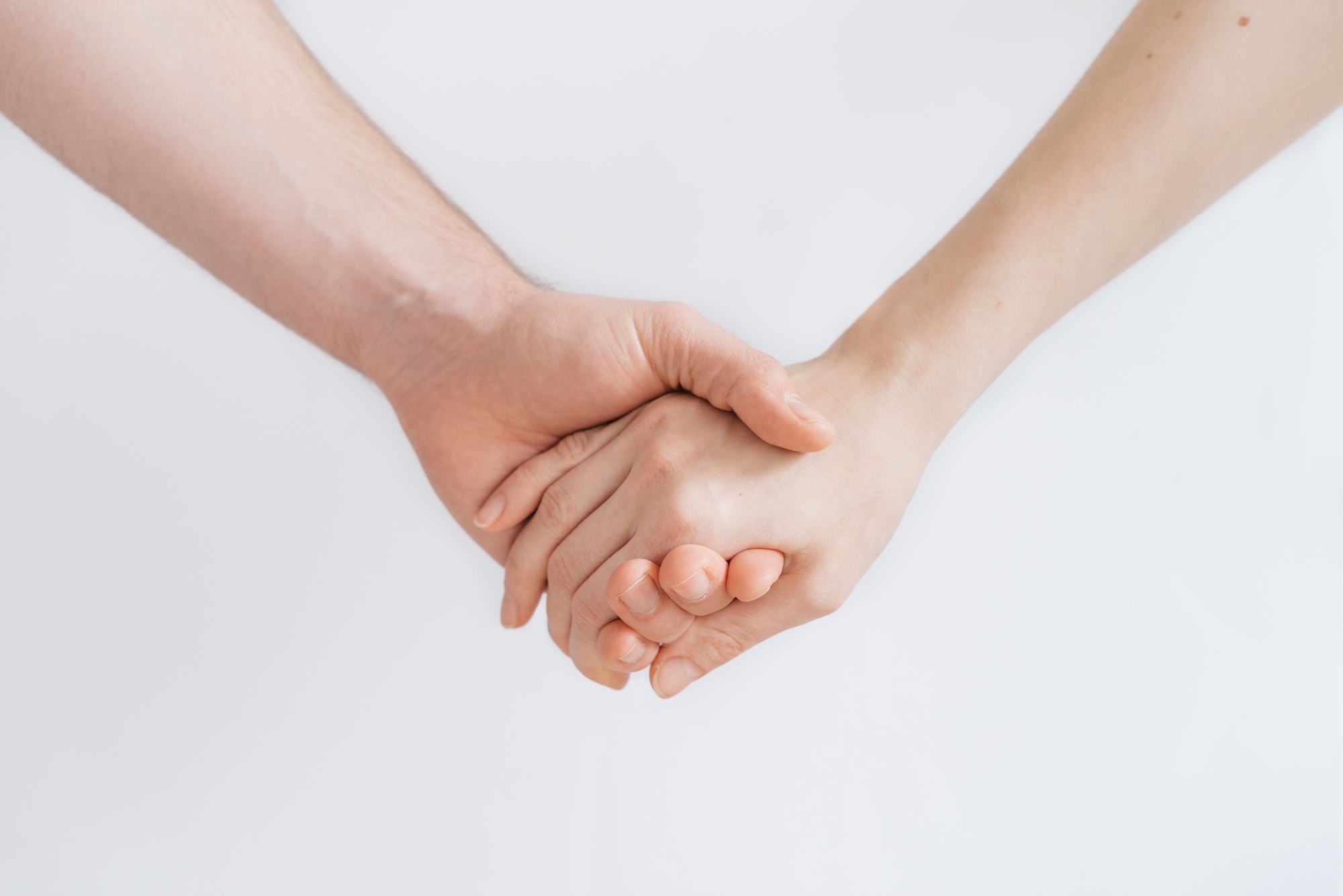Last week I retweeted the 'Support. Don’t Punish' campaign’s message for decriminalisation.
Hold on a sec.. Senior British Police Officer retweeting a message to support people who use drugs and not criminalise them? Let’s get real.. many cops wouldn’t speak out so openly; some fear it could be damaging to their careers or bring their employers into disrepute, some of course believe that an arrest for possession of drugs is the right thing to do in order to reinforce the deterrence of prosecution. I’m not here to criticise nor influence. The reaction to the tweet (or lack of) was both heartening and curious but, above all, reassuring that no one, not one single person commented negatively upon it. Where were the anticipated stigmatising comments to the contrary?
I would be naive to suggest that the argument has been made for decriminalisation, but it’s not far off.
I have over 25 years of policing experience. I’m not chasing promotion. I haven’t lost a loved one to a drug related death. My motive comes from this.. I review every single drug death across the South East. Every single day I check my email report with a heavy heart. I look for missed opportunities, potential for drug alerts, for learning and increasingly I see that many of the deceased were unknown to the drug services. That must be unbearable; the isolation of fighting an addiction you didn’t know you have or mixing drugs more powerful than you understand, feeling trapped, unable to seek help due to the fear of prosecution or labelling.
I have seen hundreds of drug deaths in my career. Each time I will be given a snapshot of their lives.. Real people. Lovely, funny clever brilliant people. Brothers, sisters, mums, dads, sons, daughters. Real people from all our communities - every socio-economic circumstance from that homeless soul in the doorway, to that privileged festival goer - falling to a drug related death. Most are problematic users, self-medicating against the shear pain from a lifetime of trauma. Heroin is a scientifically proven medical pain intervention; illicit use is scorned upon but need it to see you through childbirth? No problem. The same drug.
The UK has the highest number of drug deaths on record; it accounts for a third of all drug deaths in Europe.
Decriminalisation won’t save all these people, but it’s a very important component, amongst a number of health investments, which will. Firstly, decriminalisation will begin to radically change the stigma society has towards drugs. Would you reach out for help when your wine intake is increasing with the risk of becoming evicted? Why would we arrest someone living on cardboard for having spice? What purpose does this intervention serve?
In my career I have one agenda and that is to keep people safe. We have to work together to create change. Sure, this may make our policy makers anxious but we must learn to see that stigma also carries danger.
In my career I have one agenda and that is to keep people safe. We have to work together to create change. Sure, this may make our policy makers anxious but we must learn to see that stigma also carries danger. We don’t need to decriminalise possession in order to create change. I developed Thames Valley’s drug diversion scheme to preclude the need for an arrest should someone – anyone - be found in possession of drugs. Now, evidence acknowledges that not everyone has a problem with drug use, but where is the education, the self-assessment? This is the power of Diversion. The Police will seize the drug, make a non-incriminating, no footprint report and the next voice you’ll hear in relation to this matter is a drug service professional.. They will assess and educate without judgement nor stigma - no record.
Our scheme is proving significantly successful with young people who are keen to understand the risks and educate themselves. We recently saw a 19 year old with crystal meth through our scheme. Their first drug was meth, bought off the web. Through working with our scheme we undoubtably saved their life. Their previous route would have been a caution or charge without assessment or education.
We are now working with schools and colleges to apply a diversion as an alternative solution to exclusion. We work to turn the drug use or possession incident into a golden opportunity for drugs education.
Aside from diversion, we really ought to be discussing overdose prevention centres. Now these really do get politically prickly. Currently there are 78 in operation across the world saving thousands of lives, every day. No-one has ever died in one, not one person. Yet people in this country die on the streets in the absence of one every day. Terminology here is important. A drug consumption room is never going to get anywhere.. the non smoking rules alone will scupper all attempts. But what of an enhanced harm reduction centre? A safe space, be it medicalised or supportive within a homeless shelter, with a needle exchange, a spectrometer, a nurse, a drug worker who can scan for a safe vein, test the heroin, supply safe works, watch you while knowing you’re breathing, ready to respond if you get into trouble with oxygen and naloxone.. What if this nurse talks to you, asks where you are staying tonight, offers something to eat, dry clothes, a cup of tea.. what if they were to offer you an appointment or some free 24 hour social capital? You’d go back, next time wouldn’t you.. to stay safe, knowing should you run into trouble there’s a lifeguard watching you, helping you with a smile. Not the same face you see grimacing back at you while drawing water from a puddle on your freezing street bed.
The laws create a risk to the medical professional in this situation, doing their public and moral human duty to look after someone who needs help. Is there honestly the public interest to prosecute this professional? Absolutely not.
Policy makers point towards the complexity of overdose prevention sites. I feel the next steps are for academia to lead, design and build a site, with funding working in partnership with Local Govt, health and police to enable a study and inform the evidence base with new British research. Much in the same way the UK pioneered Heroin assisted treatment, including the RIOTT trials.
I lightly touched upon drug testing. Consideration should be given to front of house drug safety testing, not just at festivals, but night-time economy centres and city centre drug services. There are some brilliant facilities out there and they save lives and educate; another golden gateway to harm reduction for people who are never likely to enter a drug service.
Heroin assisted treatment not only benefits the client and our society but it benefits policing and crime reduction. I hope that I am not conflating the evidence here but it’s estimated that the top 10% heaviest heroin users consume half of all illicit street heroin. If you prescribed diamorphine to that user group (acknowledging the simplifying nature of this sentence) HAT is capable of significant organised crime disruption, probably more than we have seen before. HAT goes further, assuming that group may well be committing acquisitive crime to fund their use, that’s a substantial amount of crime reduction potential too.
Back to the client. They are again in treatment.. lifesaving treatment.
Oh but wait, watch the media headlines.. Police give out free heroin to addicts? Surely not. What good is the media’s sensationalism of addiction?... “Spice Zombies”, “Police go soft on drugs” Surely there’s nothing soft about preventing death?
Why then are drugs so heavily debated and politicised? We have a timely opportunity now to discuss drug policy. Dame Carol Black’s second review is a golden opportunity for leadership and evidence and change. There are many unintended consequences of the way drugs are policed. We know the damage that stop searching is causing communities’ trust and confidence. We know the numbers of children being prosecuted for possession with intent to supply has risen significantly since 2012 – that’s children being sent to prison because adults control a lucrative commodity and wield power and influence and harm. Racial disparity is shocking too, for disproportionate searches but also for convictions. This is a whole system issue, not just police in isolation.. everyone needs to step up here and policing drugs is an issue to address quickly.
I am not some renegade. I am also not a lone voice. I am assiduous, apolitical. I serve without fear or favour. Yes, I provide a platform and amplify the voice of hidden communities because I work within those communities, both in policing and with DrugFAM as a Trustee. I also work proudly with several charitable organisations who passionately care about people and their rights; the leadership of Release, Transform, Humankind, Collective voice and the many charities they work alongside everyday is life affirming, inspiring and humbling – They each save lives, every single day. I am simply doing my job as a social leader delivering social justice and as a caring human because I care about the deaths I will read about tomorrow.

